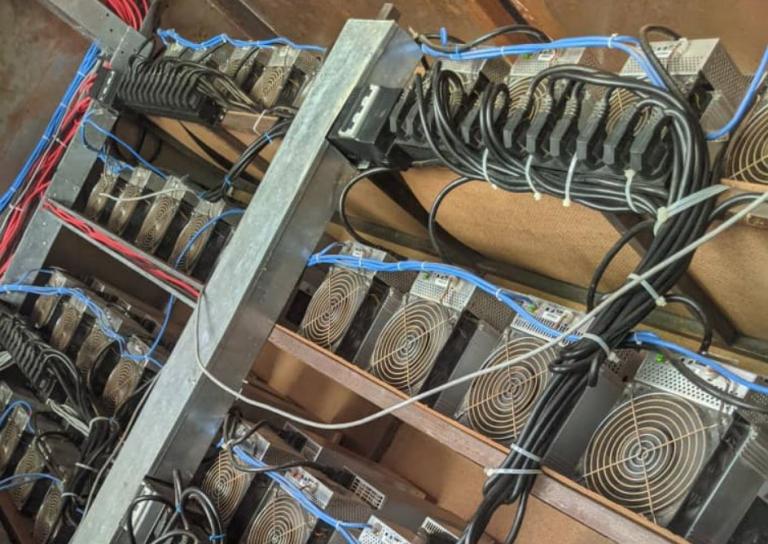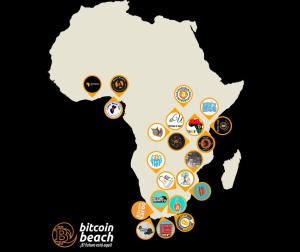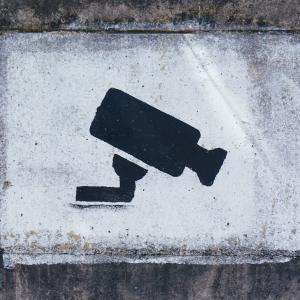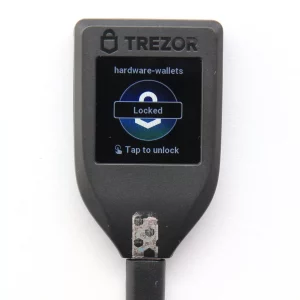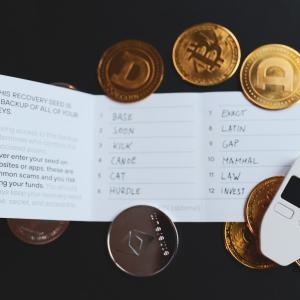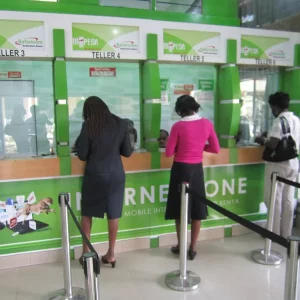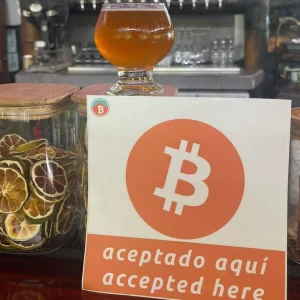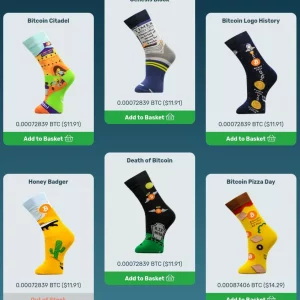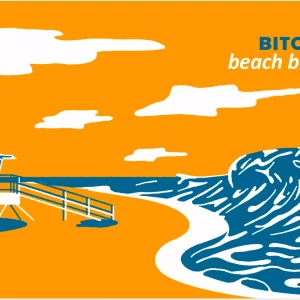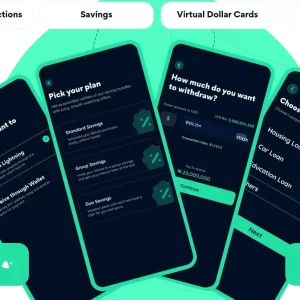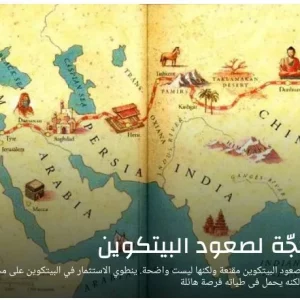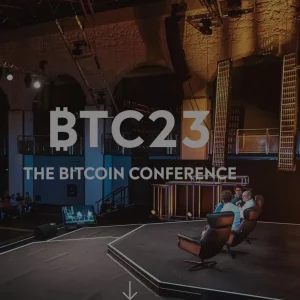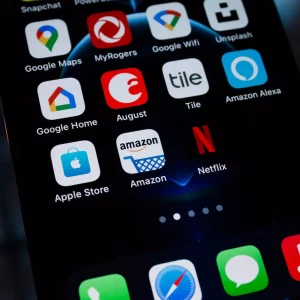Bitcoin Miners in Africa
The map below visualizes the landscape of Bitcoin mining across Africa. Click the marker icons to discover details about the companies involved. For a deeper dive, explore additional information about Bitcoin mining in Africa below the map.
What is Bitcoin Mining?
Bitcoin mining is the process by which new Bitcoins are created and transactions on the Bitcoin network are verified. It’s essentially a complex competition among computers to solve cryptographic puzzles.
When a Bitcoin transaction occurs, it needs to be validated by the network to ensure its legitimacy. Miners compete to solve a mathematical problem that generates a unique code. The first miner to solve the problem gets to add the validated transaction block to the public ledger, known as the blockchain.
As a reward for successfully adding a block, the winning miner receives a set amount of new Bitcoins. This is how new Bitcoins are gradually released into circulation. The reward amount gets halved roughly every four years, with a maximum limit of 21 million bitcoins ever to be created.
The complexity of the mathematical problems miners need to solve adjusts automatically based on the computing power dedicated to the network. This ensures that new blocks are added at a consistent pace (roughly every 10 minutes) regardless of how many miners are participating.
The computing power required for mining can be significant, leading to high energy consumption. This is a growing concern and a point of debate surrounding Bitcoin.
Solving the complex puzzles used in mining is no longer feasible with ordinary computers. Today, miners typically use specialized hardware called ASICs (Application-Specific Integrated Circuits) designed specifically for Bitcoin mining. While running your own mining operation might not be feasible for everyone, there are cloud mining services that allow you to rent mining power. However, these services come with their own set of risks and considerations.
Bitcoin Mining in Africa
While the high energy consumption of Bitcoin mining has been a major point of contention, miners in Africa are uniquely positioned to address this debate. Many African countries struggle with energy access, with vast amounts of unused or “stranded energy” produced by sources like solar, geothermal, and hydropower.
Bitcoin miners in Africa are increasingly tapping into this stranded energy, utilizing excess power that would otherwise go to waste. This sustainable approach helps reduce the environmental impact of Bitcoin mining while contributing to economic development by creating new revenue streams from underutilized resources. Some miners even partner with local communities, using the revenue generated from mining to invest in renewable energy infrastructure and improve overall electricity access.
This map charts the growing landscape of Bitcoin mining across Africa. As the continent embraces new technologies, Bitcoin mining offers unique opportunities and challenges. Explore the map to discover where mining operations are located and learn more about the companies involved.
The lack of established regulations surrounding Bitcoin mining or outright ban in some African countries creates an environment of secrecy, making it difficult to obtain comprehensive data on mining activity.
For instance, Bitcoin mining has reportedly increased in Libya, likely due to the country’s low electricity costs. Libya surpasses all African and Middle Eastern nations in bitcoin mining hashrate as of 2024. The hashrate, which measures the aggregate computational power utilized for mining and processing transactions, reaches its highest level in Libya within these regions. However, Bitcoin mining is illegal in the country. Angola also banned Bitcoin mining recently after shutting down secretive Chinese Bitcoin mining operations within their borders.
Conferences
- Africa Bitcoin Mining Summit – October 5-5, 2024, Addis Ababa, Ethiopia
More About Bitcoin Mining in Africa
- Bitcoin in the bush – the crypto mine in remote Zambia
- Stranded: How Bitcoin is Saving Wasted Energy and Expanding Financial Freedom in Africa
- How bitcoin mining could help electrical infrastructure in Africa
- Leveraging bitcoin mining to improve access to electricity in rural Africa
- Bitcoin mining in Ethiopia: the good, the bad and the ugly
- A Blueprint for Bitcoin Mining and Energy in Africa
- Blueprint for a Locally Made Bitcoin Mining Container
- A Blueprint for Offgrid Energy and Bitcoin Mining in Africa
- Gorillas, militias, and Bitcoin: Why Congo’s most famous national park is betting big on crypto

